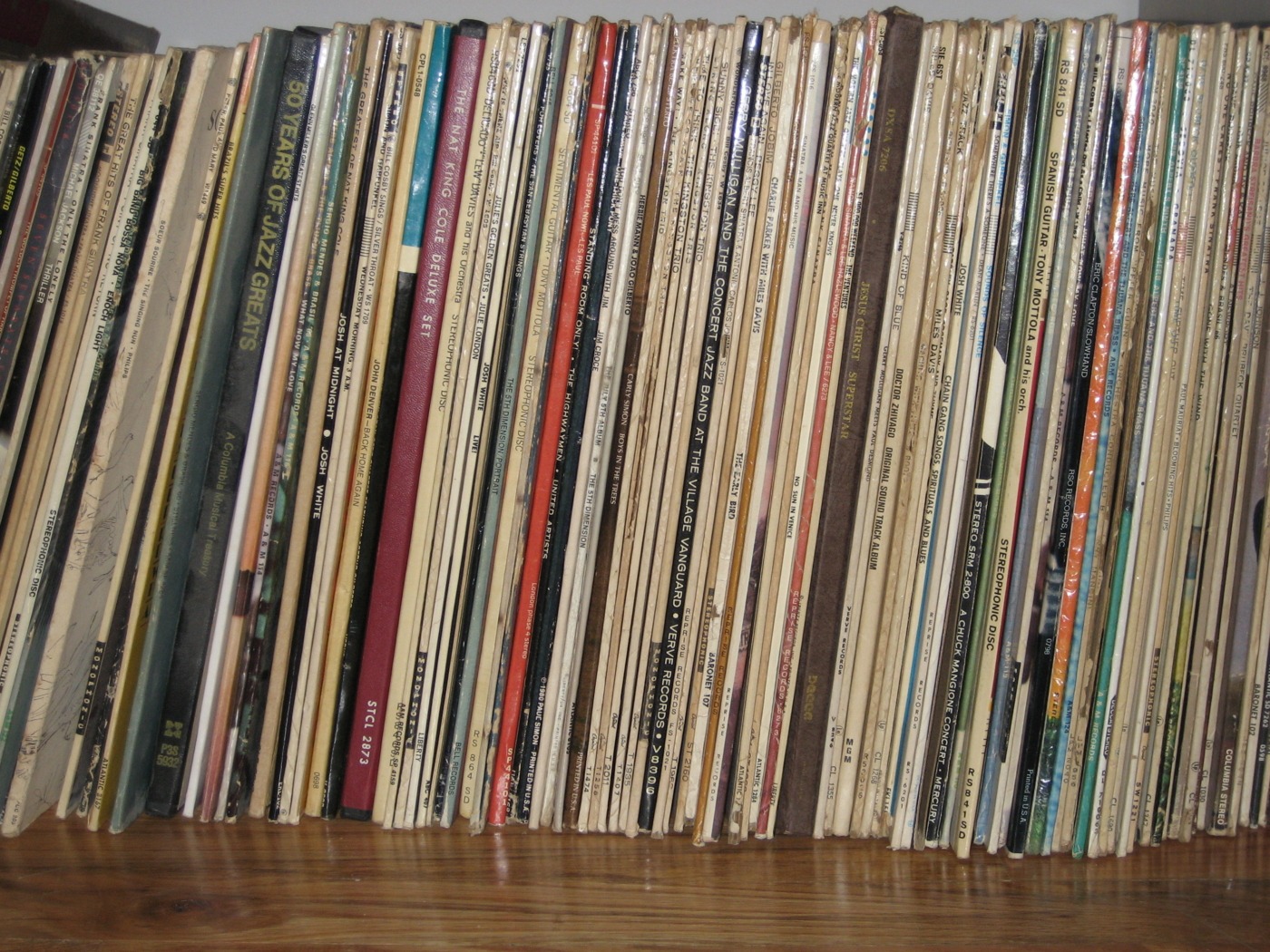Are constant single releases killing the album?
I’m twenty years old, still practically a foetus in the eyes of some. Still, I feel like I can say, in the voice of someone three or four times my age, “back in my day, I remember when artists only put out two or three singles before they released an album.”
In the last five years or so, we have witnessed a seismic shift in how the run-up to an album release plays out. At the beginning of the decade, an artist would be spoiling their fans if they released four singles ahead of the album release, but in 2021, that has become normal. Indeed, after Ed Sheeran kick-started the practice of releasing two lead singles with ‘Shape of You’ and ‘Castle On The Hill’ back in 2017, many artists copied, and more single drops were needed to keep up the momentum until album release day.
[A single] better satisfies the growing and seemingly unquenchable thirst for content, especially in an era dominated by streaming where there is a greater fight to be heard
With albums arguably getting shorter, both in terms of track length and running time (it’s far more common for them to clock in under forty minutes) – releasing more singles might appeal more to shortening attention spans. Likewise, it better satisfies the growing and seemingly unquenchable thirst for content, especially in an era dominated by streaming where there is a greater fight to be heard and a greater chance of being lost in the noise.
There is definitely an argument to be made that at the very least, constant single releases dilute some aspects of the album experience. There is a joy to be found in devouring an album from start to finish on the day, or even the hour, of release. Some of that joy comes from the relief of no longer having to wait, like the dissipation of tension that thrillingly builds up as the days until releases are counted down like the days before Christmas. That delayed gratification is part of the fun. Constant single drops, the definition of instant gratification, dull that.
The album becomes more fragmented when you don’t experience all of the songs together at once and continually experience them as a unit rather than individually
In addition, when release day arrives, there is less new material to dive into. On an eleven-track record, with four songs on it you’ve already heard and maybe have already played to death, there are only seven new songs awaiting you. There might have been eight or nine once upon a time. Similarly, the album becomes more fragmented when you don’t experience all of the songs together at once and continually experience them as a unit rather than individually. There’s a sort of jarring effect that can take hold when you listen through a couple of songs that you know, then a bunch you don’t, then maybe another one or two that you’d heard before.
Albums have held a strong, concrete presence within the music industry for decades, and the aspiration of every emerging artist is to make and release a successful album
Constant single releases don’t necessarily ‘kill’ the album experience, but could they accelerate what some consider to be the slow death of the album? It’s certainly true that the music industry is more single-oriented than album-oriented, especially given the tendency to just listen to a song or two from a band rather than investing your time in listening to their full album. However, albums have held a strong, concrete presence within the music industry for decades, and the aspiration of every emerging artist is to make and release a successful album. It will take a lot more battering before they become relics of the past – if that ever happens. Not many artists have gone the way of Bring Me The Horizon, who have stated an intention to making albums, after all. Whether we will see that shift as the culture changes, as it always does, remains to be seen.

Comments